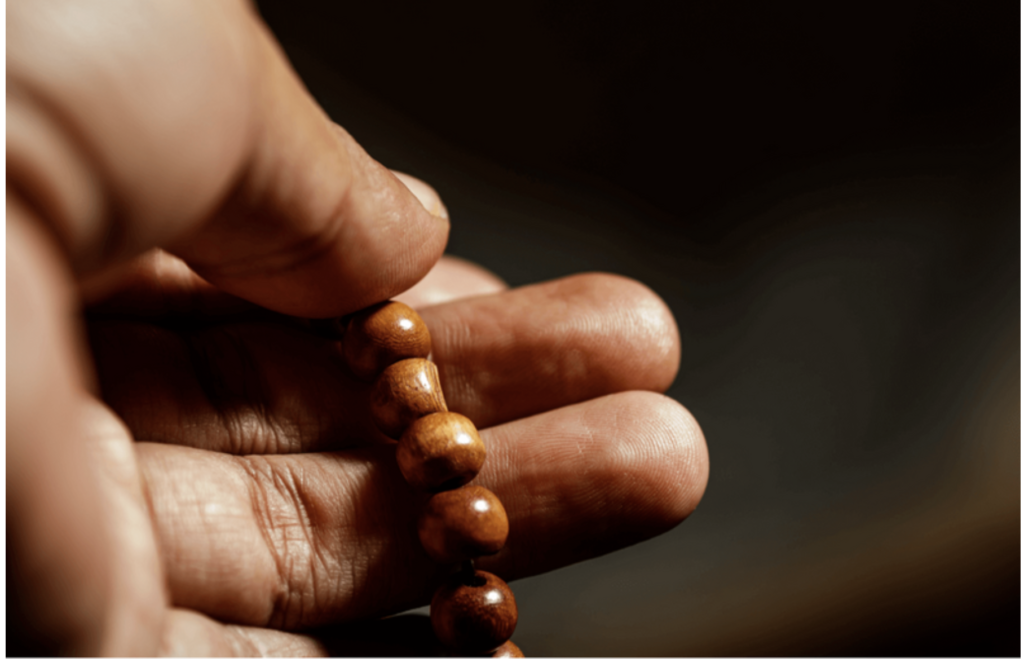By Halimah Olamide
The night of Laylatul Qadr which is also known as the Night of Power or Decree in Ramadan is of great significance to many Muslims globally as it marks the last ten days of the holy month of Ramadan.
The month of Ramadan is the ninth month of the Islamic calendar, and it is considered the most important month for Muslims around the world.
During this month, Muslim faithful around the world fast from sunrise to sunset every day, abstaining from food, drink, and other physical needs and fasting in the month of Ramadan is the fourth Pillar of Islam among the five.
According to Islamic belief, “the Night of Power was during one of the odd-numbered nights in the last days of Ramadan when the Quran (Islam’s holy book) was first revealed to the holy prophet Muhammad (S.A.W) over a period of 23 years through Angel Jibreel (AS).
According to The Pilgrim, an Islamic blog, Allah SWT in the Holy Quran said, “The month of Ramadan in which was revealed the Quran, a guidance for mankind and clear proofs for the guidance and the criterion (between right and wrong).” [Holy Quran, al-Baqarah 2:185]
“And Allah SWT says (interpretation of the meaning), “Verily, We have sent it (this Quran) down in the Night of Al-Qadr (Decree).” [Holy Quran, al-Qadr 97:1]
“And what will make you know what the Night of Al-Qadr (Decree) is? The Night of Al-Qadr (Decree) is better than a thousand months (i.e., worshipping Allah in that night is better than worshipping Him a thousand months, i.e., 83 years and four months).”
Although, the exact day of the night is not officially known or certain but many Muslims believe the ‘Night of Qadr’ comes with an abundance of mercy and blessings from Allah (God).
The revelation of the Holy Quran started in 610 CE at the Cave of Hira on Mount Jabal al-Nour in Mecca. The first Surah that was revealed was Surah Al-Alaq, in which during Muhammad’s first revelation, the first five verses of this Surah, or chapter, were revealed.
However, asides from the celebration of the revelation of the Holy Quran, the annual observance of Laylat al-Qadr holds additional significance as a night in which the angels descend to earth with scores of tasks, leading to a night of peace, blessings, and divine guidance until dawn.
It is therefore observed with solemnity, devotion, and prayer, and some observers spend the festival in a masjid (Mosque) to worship (Itikaf).
As for the endeavor of Itikaf, it is recommended in the noble month of Ramadan, as mentioned. The maximum duration of i’tikaf is from the 19th of Ramadan, at sunset to the sighting of the new moon, whether this occurs on the 29th or the 30th.
Itikaf can also be observed for lesser period, but preferably the length should not be less than one night.
In the same breath, the last ten days of Ramadan are an opportunity to gain multiple rewards by giving sadaqa (Alms) to those in need for the sake of seeking the grace of Allah.
According to Islamic belief, the rewards of giving sadaqa during Ramadan are multiplied by 70 and the reward for any righteous act during Laylatul Qadr is equivalent to having performed the same act for over 83 years.
Due to the uncertainty, as to when the Night of Power falls, many Muslims choose to spread their donation across the last 10 nights of Ramadan.
Therefore, Muslims should make the most of this night and follow the Sunnah of Prophet Muhammad (SAW).


